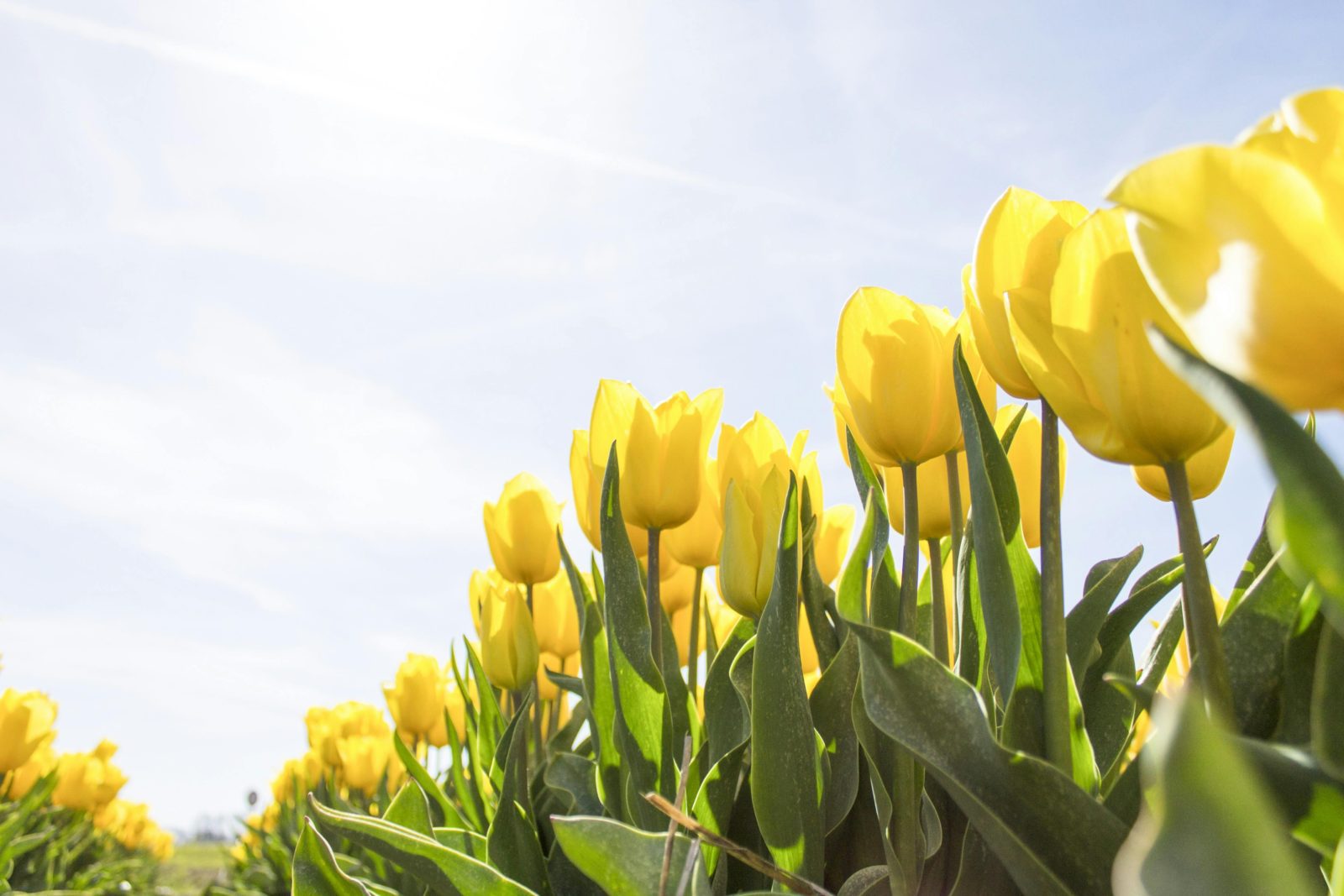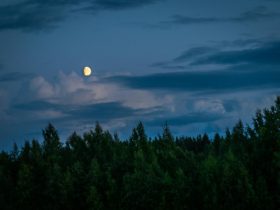Weather patterns have been exhibiting drastic fluctuations, with spring and autumn transitioning periods rapidly fading away, says meteorologist Renata Uhlíková from the Czech Hydrometeorological Institute. We are often experiencing temperature swings of tens of degrees Celsius. The temperature was slightly above zero just a few days ago, but we expect almost summer-like weather during Easter. The contributing factors to these changes are still under investigation, but there could be numerous factors, such as El Niño or higher Mediterranean Sea temperatures.
We should prepare for similar temperature leaps to continue at least until summer. However, we must also brace ourselves for occasional bouts of winter and invasions of colder air, which can damage blossoming trees. At least until next week, above-average temperatures are expected to prevail. There’s a tendency for the weather to be about a month ahead of what we were used to before. We can expect that in some places during Easter, we might even measure twenty-five degrees, which are indeed summer temperatures.
From observations, we can say that transitional periods, such as spring and autumn, are starting to thin out very quickly. It’s not standard that winter ends; instead of gradually warming up, we suddenly have twenty degrees. We might squeeze spring into one week and jump from winter straight to summer. This year, we see that spring is significantly accelerated.
However, we can hardly say whether the summer will be above average in temperature or rainfall will prevail. But we have a long-term forecast for May, which should be above average in temperature and below average in precipitation. The weather on Easter Monday looks above average so far, with the morning around six degrees and during the day up to twenty-one.
Capricious weather has a significant impact on nature. In addition to harming the harvest, nature is accelerated. We can expect more substantial damage to crops and other trees if we experience invasions of Arctic air, which is not excluded. A sudden winter could also surprise birds returning from warm countries.
In conclusion, we might still see snow this year. Over the weekend, eight centimeters of new snow fell in the southern Czech Republic, but by Tuesday, only two centimeters remained, and it has no chance to last until the weekend. That snow will still visit the mountains this spring is possible, but it won’t be for skiing. It will either lightly dust or fall about two centimeters, which will quickly melt.








